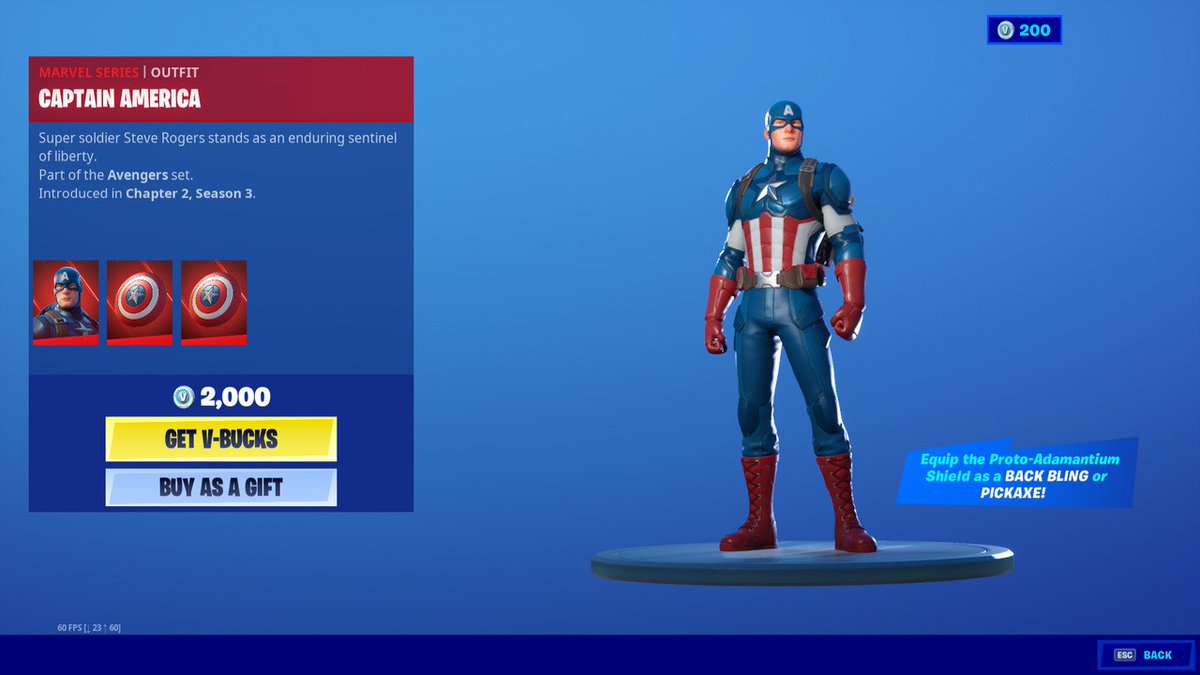There are a lot of buzzwords in tech right now—creator, community, Web3, NFTs, metaverse.
The thing is, they all connect. They& #39;re intersecting & building on each other to forge the next generation of the internet.
Here& #39;s how I think everything connects https://abs.twimg.com/emoji/v2/... draggable="false" alt="👇" title="Rückhand Zeigefinger nach unten" aria-label="Emoji: Rückhand Zeigefinger nach unten">
https://abs.twimg.com/emoji/v2/... draggable="false" alt="👇" title="Rückhand Zeigefinger nach unten" aria-label="Emoji: Rückhand Zeigefinger nach unten"> https://abs.twimg.com/emoji/v2/... draggable="false" alt="👇" title="Rückhand Zeigefinger nach unten" aria-label="Emoji: Rückhand Zeigefinger nach unten">
https://abs.twimg.com/emoji/v2/... draggable="false" alt="👇" title="Rückhand Zeigefinger nach unten" aria-label="Emoji: Rückhand Zeigefinger nach unten"> https://abs.twimg.com/emoji/v2/... draggable="false" alt="👇" title="Rückhand Zeigefinger nach unten" aria-label="Emoji: Rückhand Zeigefinger nach unten">
https://abs.twimg.com/emoji/v2/... draggable="false" alt="👇" title="Rückhand Zeigefinger nach unten" aria-label="Emoji: Rückhand Zeigefinger nach unten">
The thing is, they all connect. They& #39;re intersecting & building on each other to forge the next generation of the internet.
Here& #39;s how I think everything connects
First, we& #39;re becoming a digital species.
Over the last decade, internet users have swelled to 4.5 billion—60% of the world. Americans spend *11 hours a day* interacting with digital media.
With tech, we communicate, create, & collaborate in new ways & at an unprecedented scale.
Over the last decade, internet users have swelled to 4.5 billion—60% of the world. Americans spend *11 hours a day* interacting with digital media.
With tech, we communicate, create, & collaborate in new ways & at an unprecedented scale.
The scale of the internet is stunning. Every single minute, people:
• Stream 404,444 hrs on Netflix
• Post 347,222 Insta stories
• Upload 500 hrs on YouTube
• Ship 6,659 Amazon packages
• Install TikTok 2,704 times
• Send 41,666,667 WhatsApp messages
Source: @VisualCap
• Stream 404,444 hrs on Netflix
• Post 347,222 Insta stories
• Upload 500 hrs on YouTube
• Ship 6,659 Amazon packages
• Install TikTok 2,704 times
• Send 41,666,667 WhatsApp messages
Source: @VisualCap
As technology seeps into more of our lives, it collides with massive behavior shifts.
The biggest is a backlash to centralized power.
This is an aftereffect of the 2008 financial crisis. Today& #39;s young people grew up in the Great Recession and are skeptical of institutions.
The biggest is a backlash to centralized power.
This is an aftereffect of the 2008 financial crisis. Today& #39;s young people grew up in the Great Recession and are skeptical of institutions.
Gen Zs aren’t interested in “renting” their time or working within the system; they’re interested in using hustle & savvy to dictate their *own* fortunes.
We see this in GameStop, NFT mania, Dogecoin, populism.
Gen Zs trade Millennial idealism for shrewdness & practicality.
We see this in GameStop, NFT mania, Dogecoin, populism.
Gen Zs trade Millennial idealism for shrewdness & practicality.
The dual forces of 1) the internet and 2) the rejection of institutions fuel the disaggregation of work.
By 2027, over half of the American workforce will be contractors.
We will be a majority-freelance economy.
By 2027, over half of the American workforce will be contractors.
We will be a majority-freelance economy.
This is fueling the burgeoning creator economy:
• Roblox developers made $300M in 2020
• Patreon has paid out $2B to creators
• Over 300 OnlyFans creators earned over $1M last year
Almost any skill is now monetizable. Work is more flexible, diversified, & creative.
• Roblox developers made $300M in 2020
• Patreon has paid out $2B to creators
• Over 300 OnlyFans creators earned over $1M last year
Almost any skill is now monetizable. Work is more flexible, diversified, & creative.
The internet is also becoming more *participatory*
People are moving from passive consumers to active creators. Over time, software has become more accessible to use—from Wix to Airtable to Roblox to TikTok.
Anyone can build with tech Legos. Everyone is a creator.
People are moving from passive consumers to active creators. Over time, software has become more accessible to use—from Wix to Airtable to Roblox to TikTok.
Anyone can build with tech Legos. Everyone is a creator.
It& #39;s also easier than ever to build *companies*
Amazon Web Services & Stripe are Lego-like building blocks that make it fast and easy to launch a business.
A majority of Gen Zs—about 54%—say they want to start a company. They& #39;re the most entrepreneurial generation in history.
Amazon Web Services & Stripe are Lego-like building blocks that make it fast and easy to launch a business.
A majority of Gen Zs—about 54%—say they want to start a company. They& #39;re the most entrepreneurial generation in history.
Tech is making entrepreneurship more accessible.
Culture is making entrepreneurship more sought-after.
Culture is making entrepreneurship more sought-after.
Creators are key to Web3.
Web1 was about making information searchable & exchangeable. Google was the big winner.
Web2 was about platforms and gave us Facebook. But value flowed through platforms.
Web3 is about ownership: creators and communities capturing value *themselves*
Web1 was about making information searchable & exchangeable. Google was the big winner.
Web2 was about platforms and gave us Facebook. But value flowed through platforms.
Web3 is about ownership: creators and communities capturing value *themselves*
Blockchain is the innovation that makes Web3 possible through trusted, secure value transfer.
Web3 will remove the brokers and intermediaries who have traditionally monopolized value.
Creators & communities will win back ownership.
Web3 will remove the brokers and intermediaries who have traditionally monopolized value.
Creators & communities will win back ownership.
Web3 will be built on new business models that stretch far beyond the advertising-based models of the Web1 and Web2 eras.
Ads https://abs.twimg.com/emoji/v2/... draggable="false" alt="➡️" title="Pfeil nach rechts" aria-label="Emoji: Pfeil nach rechts"> Commerce
https://abs.twimg.com/emoji/v2/... draggable="false" alt="➡️" title="Pfeil nach rechts" aria-label="Emoji: Pfeil nach rechts"> Commerce
Commerce has more room to run: the global ad market was $647B in 2020, ~50% already online. Commerce is $25 trillion, only ~20% online.
Ads
Commerce has more room to run: the global ad market was $647B in 2020, ~50% already online. Commerce is $25 trillion, only ~20% online.
Digital commerce will underpin digital economies.
Gaming today gives us a glimpse of future internet business models. We will also use virtual currencies & microtransactions in robust, thriving digital economies. https://twitter.com/rex_woodbury/status/1387544055509258241">https://twitter.com/rex_woodb...
Gaming today gives us a glimpse of future internet business models. We will also use virtual currencies & microtransactions in robust, thriving digital economies. https://twitter.com/rex_woodbury/status/1387544055509258241">https://twitter.com/rex_woodb...
Microtransactions & virtual currencies are becoming more common beyond gaming:
• Bumble has Bumble Coin
• Twitch has Bits
• Duolingo has Gems
Facebook now offers a virtual currency called Stars—one Star is redeemable for $0.01. Creators earned $50 million in Stars in 2020.
• Bumble has Bumble Coin
• Twitch has Bits
• Duolingo has Gems
Facebook now offers a virtual currency called Stars—one Star is redeemable for $0.01. Creators earned $50 million in Stars in 2020.
NFTs are key to digital economies.
Imagine how much more valuable a Fortnite skin of Captain America becomes when you can prove there are only 100 or 1,000.
NFTs offer provable scarcity & make digital ownership possible.
Imagine how much more valuable a Fortnite skin of Captain America becomes when you can prove there are only 100 or 1,000.
NFTs offer provable scarcity & make digital ownership possible.
To catch a glimpse of the future of these digital economies, check out this spectacular graphic from @AndrewSteinwold.
It& #39;s a data visualization of NFT transactions on OpenSea, foreshadowing the robust virtual economies of the future.
It& #39;s a data visualization of NFT transactions on OpenSea, foreshadowing the robust virtual economies of the future.
Digital economies will pave the road to the metaverse. Virtual interactions will become more immersive and frictionless, capturing the shared social presence of real world interactions.
Roblox, Rec Room, and Gather all give us a glimpse of this future.
Roblox, Rec Room, and Gather all give us a glimpse of this future.
We will all have digital personas and express ourselves in new ways.
@thecodemiko is an early example of how technology can unlock new forms of creativity & self-expression. https://twitter.com/rex_woodbury/status/1388260241486192644">https://twitter.com/rex_woodb...
@thecodemiko is an early example of how technology can unlock new forms of creativity & self-expression. https://twitter.com/rex_woodbury/status/1388260241486192644">https://twitter.com/rex_woodb...
Crucially, this metaverse will (hopefully) be decentralized.
This comes full circle to the rejection of centralized power that we& #39;re seeing today.
Web3 is about direct value creation and capture. It will finally fulfill the internet& #39;s promise of removing gatekeepers.
This comes full circle to the rejection of centralized power that we& #39;re seeing today.
Web3 is about direct value creation and capture. It will finally fulfill the internet& #39;s promise of removing gatekeepers.
Concepts like virtual reality, digital economies, and the metaverse may seem far-fetched—until you realize how far technology has already come in the last ~25 years.
Thanks for reading along! More in-depth thoughts here https://abs.twimg.com/emoji/v2/... draggable="false" alt="👇" title="Rückhand Zeigefinger nach unten" aria-label="Emoji: Rückhand Zeigefinger nach unten"> https://digitalnative.substack.com/p/chain-reactions-how-creators-web3">https://digitalnative.substack.com/p/chain-r...
https://abs.twimg.com/emoji/v2/... draggable="false" alt="👇" title="Rückhand Zeigefinger nach unten" aria-label="Emoji: Rückhand Zeigefinger nach unten"> https://digitalnative.substack.com/p/chain-reactions-how-creators-web3">https://digitalnative.substack.com/p/chain-r...
Thanks for reading along! More in-depth thoughts here

 Read on Twitter
Read on Twitter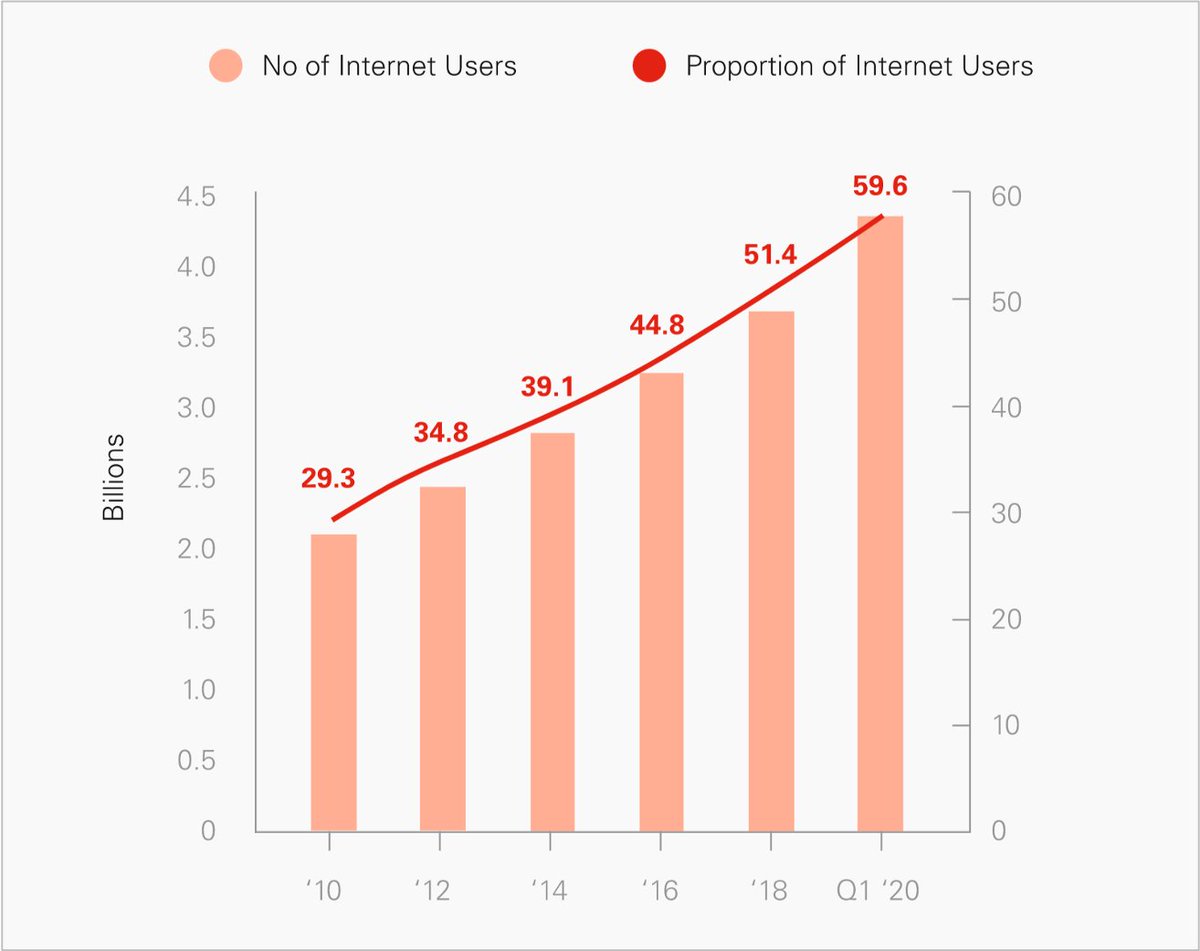
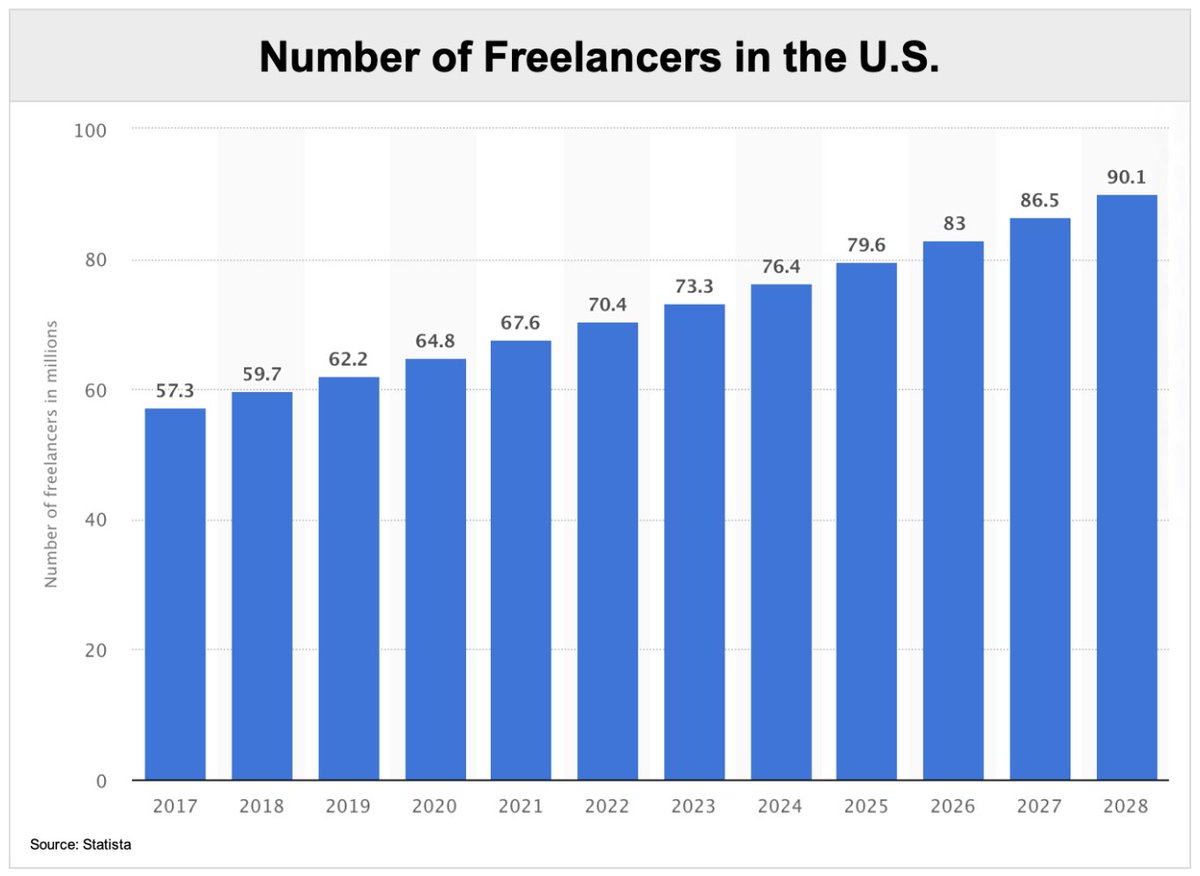

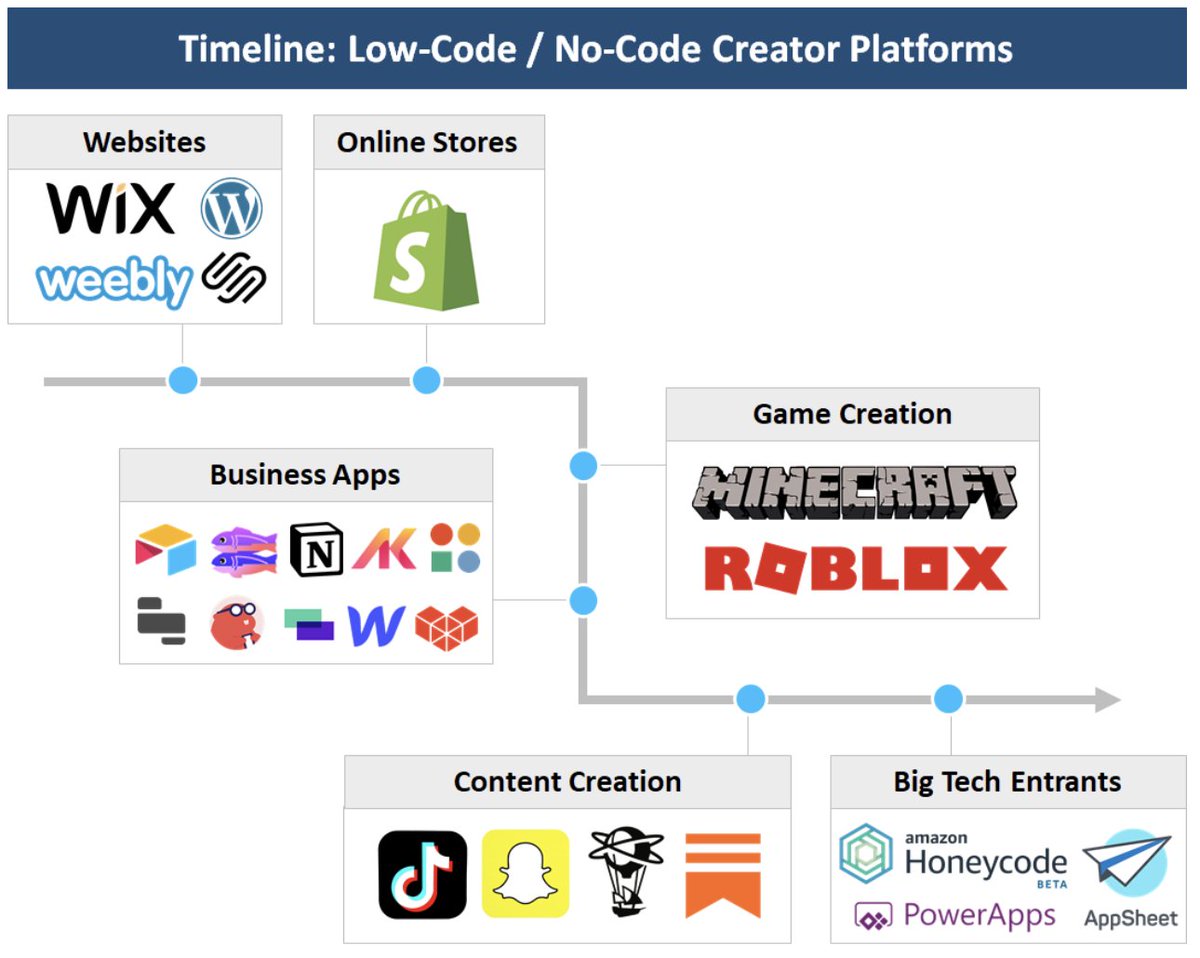
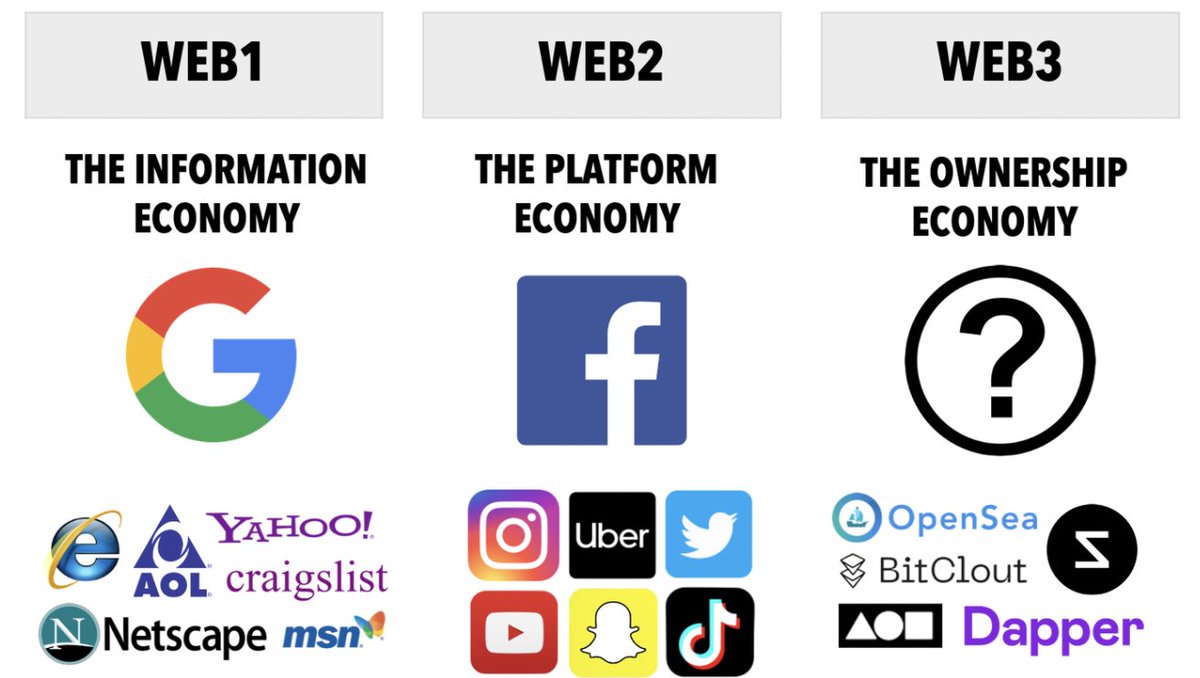
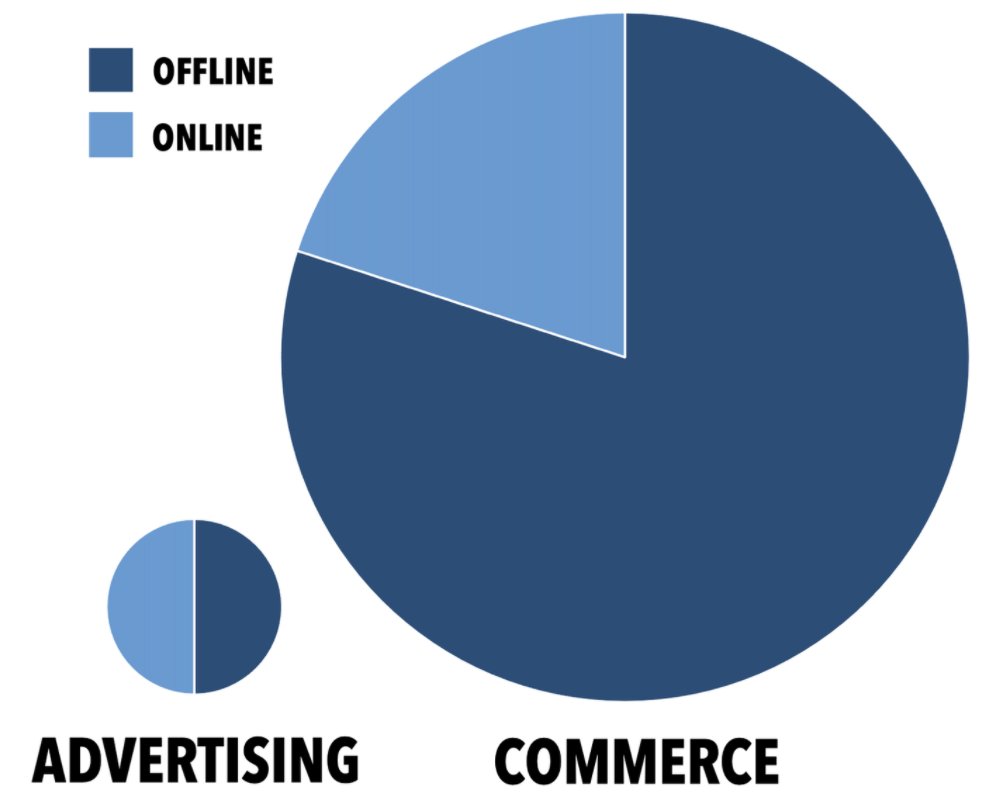 CommerceCommerce has more room to run: the global ad market was $647B in 2020, ~50% already online. Commerce is $25 trillion, only ~20% online." title="Web3 will be built on new business models that stretch far beyond the advertising-based models of the Web1 and Web2 eras.Ads https://abs.twimg.com/emoji/v2/... draggable="false" alt="➡️" title="Pfeil nach rechts" aria-label="Emoji: Pfeil nach rechts"> CommerceCommerce has more room to run: the global ad market was $647B in 2020, ~50% already online. Commerce is $25 trillion, only ~20% online." class="img-responsive" style="max-width:100%;"/>
CommerceCommerce has more room to run: the global ad market was $647B in 2020, ~50% already online. Commerce is $25 trillion, only ~20% online." title="Web3 will be built on new business models that stretch far beyond the advertising-based models of the Web1 and Web2 eras.Ads https://abs.twimg.com/emoji/v2/... draggable="false" alt="➡️" title="Pfeil nach rechts" aria-label="Emoji: Pfeil nach rechts"> CommerceCommerce has more room to run: the global ad market was $647B in 2020, ~50% already online. Commerce is $25 trillion, only ~20% online." class="img-responsive" style="max-width:100%;"/>
